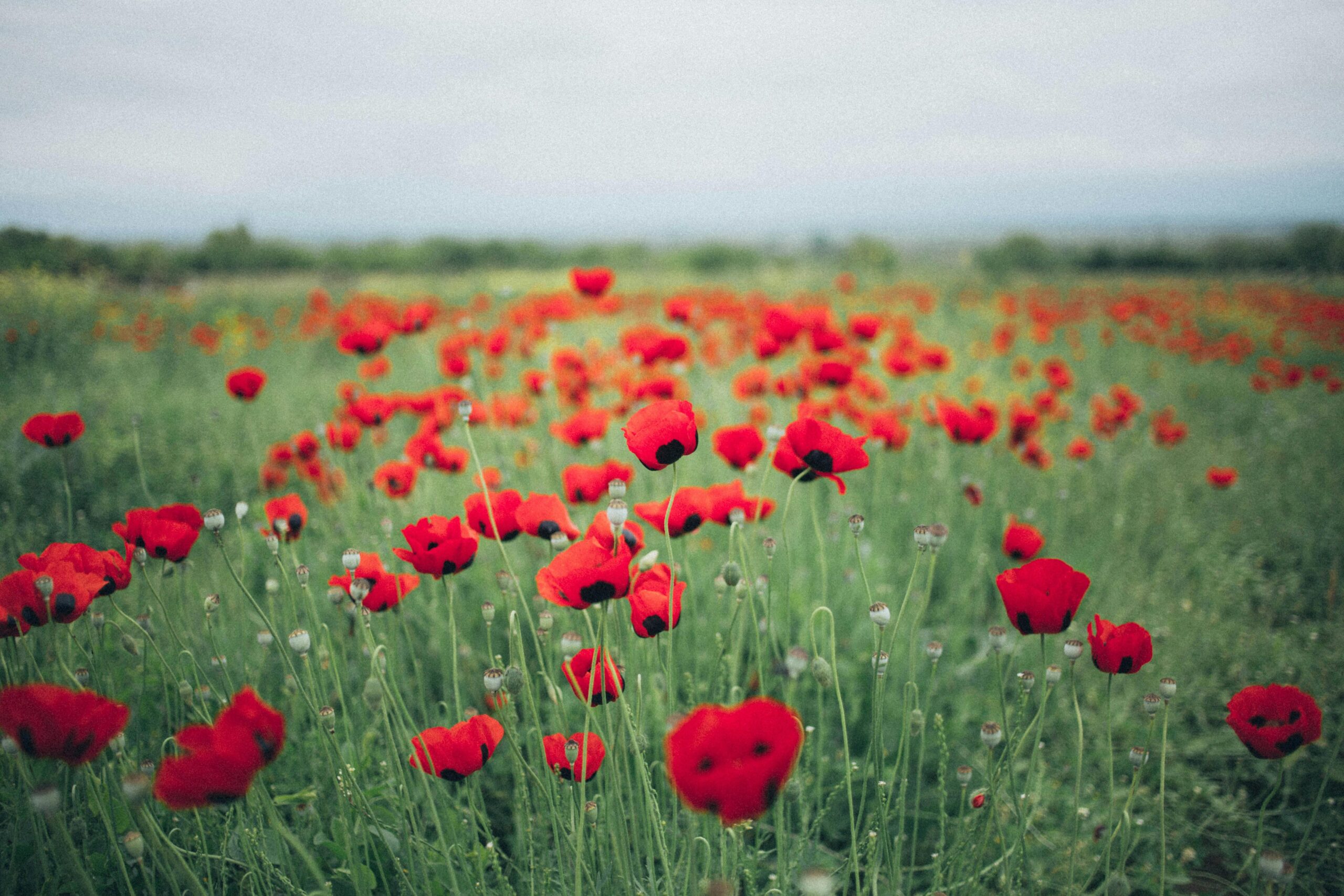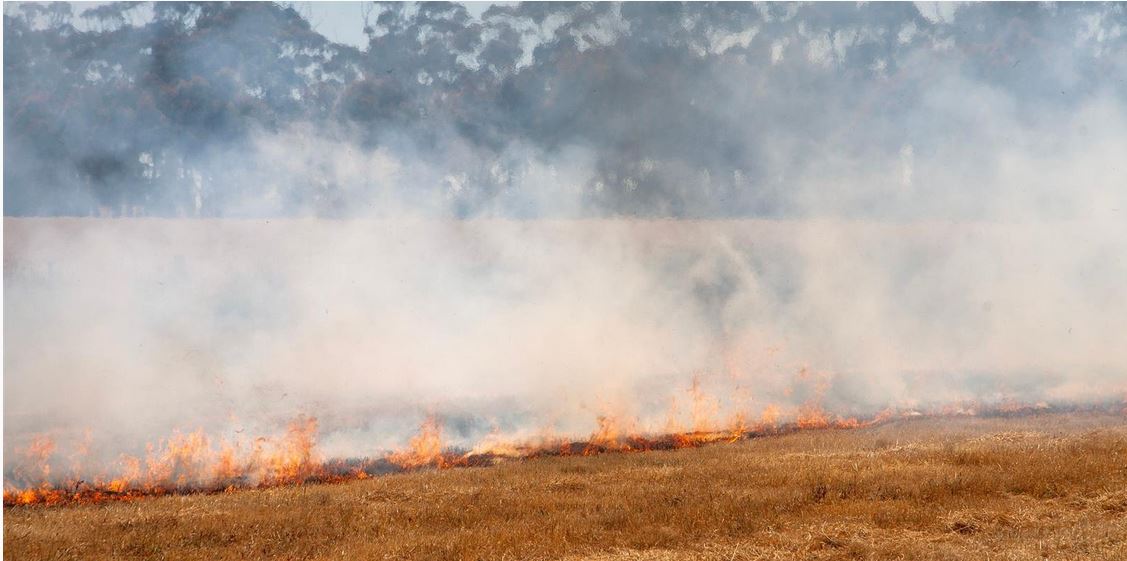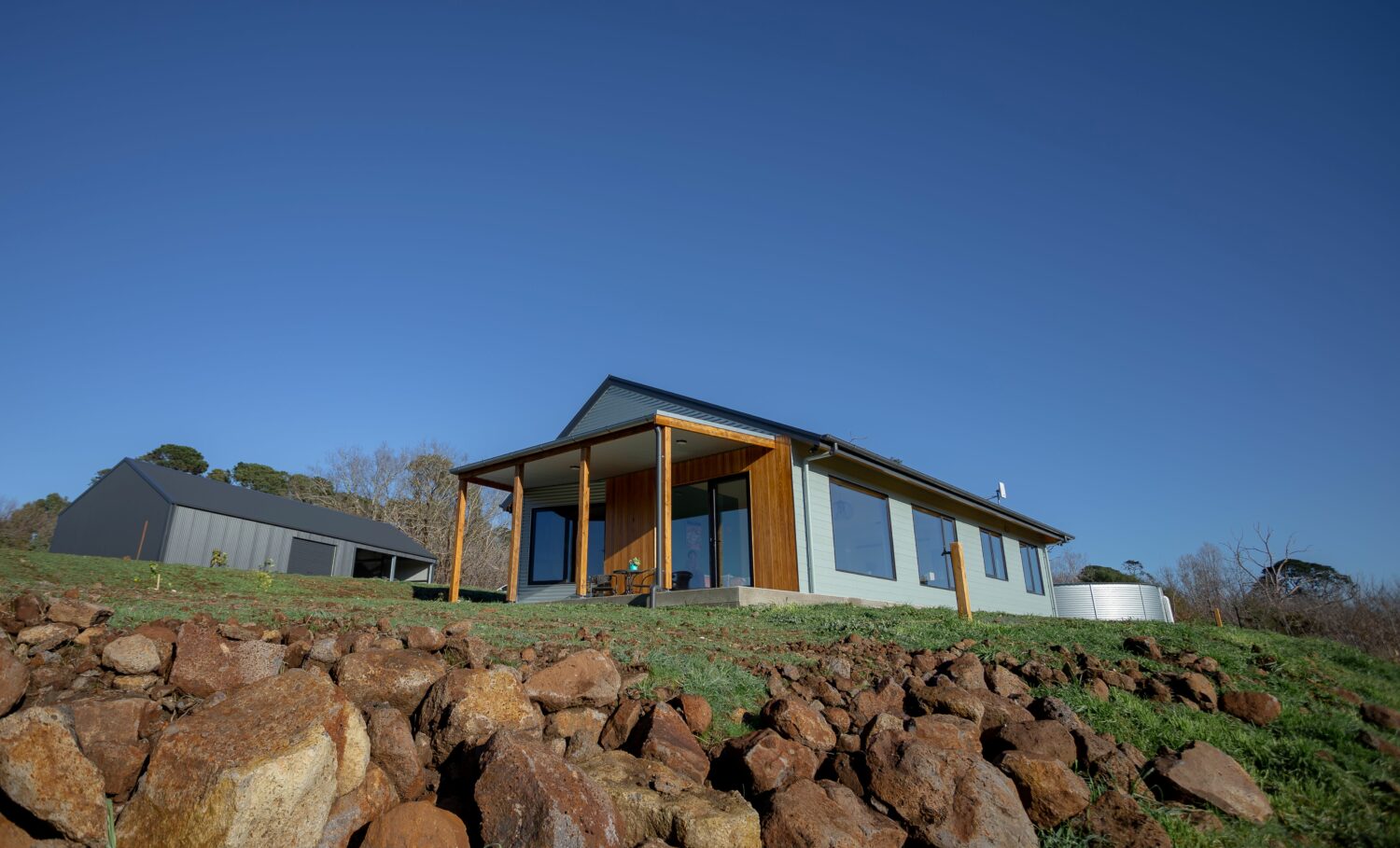July 3rd, 2022Memories are made of this
“Nostalgia is a file that removes the rough edges from the good old days.”
“Nostalgia: A device that removes the ruts and potholes from memory lane.”
In a way, the internet was made for people like Doug Larson, a journalist in the United States, writing for much of the 20th century for relatively obscure newspapers in Wisconsin, in the northern midwest.
As a columnist, he had a fine talent for coming up with snappy one-liners such as the ones above, which earned him a strong regional following. Today, of course, much of Larson’s handiwork is revealed to the world with just a few screen taps.
In a few weeks my father, Bill, will be having his 94th birthday, and I think that’s making me feel nostalgic.
We’re not planning to do anything special (I’m blaming Covid), it’ll just be the immediate family, we’ll pop the corks on a few bottles of sparkling wine, probably have a barbeque. But it does seem that once you’ve managed that many years, every day should be cause for celebration.
There is just something about those big full-decade events – when my dad turned 90 we booked a hall to hold the party. Relatives I hadn’t met in 50 years travelled more than 3000 kilometres to join in the celebration. Old friends and former workmates were there.
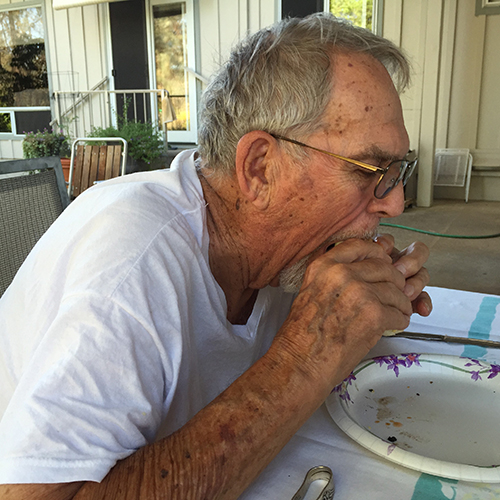
One of the most moving moments was when Paul, my dad’s best mate, arrived; he had advanced dementia and scarcely knew his own children by then, but when his wife opened the car door for him, Paul stepped out, went to my dad, grabbed him by the hand and said with a huge grin, “Hello, Billy!”
Speaking of nostalgia, I miss the good old days when the Coodabeens were on the ABC. It’s still the same blokes doing the same bits, but somehow it doesn’t feel right having them on a radio station that features soulless old pop music. But I do like the way they still call the Herald-Sun “the little paper”, which, as dedicated Victorians know, refers to a time when The Age was a massive broadsheet newspaper and ‘the Hun’ was the little tabloid.
In 1990, young Warwick Fairfax’s ill-advised, junk-bond funded takeover of the family business led to the collapse of one of Australia’s most venerable media companies, of which The Age and Sydney Morning Herald were the prize assets. I was working for an offshoot of The Age called Australian Financial Press, which was sold off and moved to Sydney, leaving me unemployed.
This came at the same time as Paul Keating’s “recession we had to have”, and my wife Carol, a highly skilled bookkeeper, also found herself out of a job. We had been living abroad since 1983 so thought maybe it was time to polish up the American accents and head back to the US of A.
It was a fine homecoming. We quickly found a house to live in, Carol landed a good job paying a mediocre wage – but fair for this perpetually depressed area – and I returned to school, aiming to become a school teacher.
So now we jump ahead almost three years, to mid-1993. It’s been good being able to hang out with our families and a few of our old friends but the years in Australia have changed us. Returning to California turns out not to be a homecoming at all.
Meanwhile, my decision to become a teacher is nearing completion; I’ve finished my training and started looking for a job. This next bit might sound like a made-up story but I promise it’s all true.
Carol and I had been to my graduation ceremony, in which I’d been handed my credential, my licence to teach school in California. We’d come through the front door, I was loosening my necktie, Carol was in the bedroom changing out of her formal dress, when the telephone rang. Our house had a funny little nook where the telephone sat.
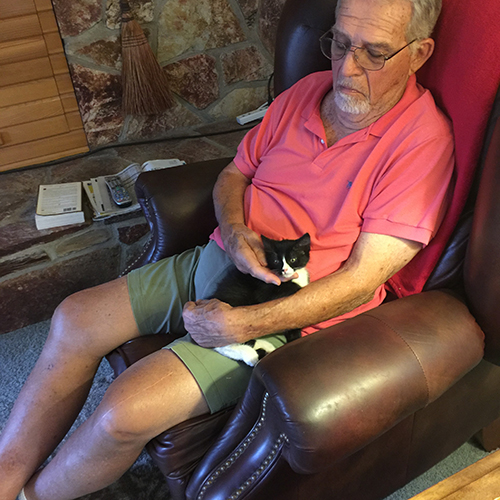
I answered the phone. It was Rob, one of my good mates in Melbourne and one of the best journalists I’d ever worked with. He explained the reason for the call. Print media was making a comeback, he’d been working for a publishing startup that was doing very well, and there was a good job in it for me, if I wanted it.
“Who is it?” Carol said from the bedroom.
“It’s Rob, in Melbourne,” I answered, “wants to know if we want to come back, he has a job for me.”
I was about to tell Rob that I’d need to think about it, that I’d call him back, when Carol said, “I’ll start packing.”
We’d settled back in this dreary, conservative little town because it was where my parents lived – in the house in which we now reside – because we figured Mom and Dad needed us in their old age.
How do we tell them we’re leaving again? I phoned my sister and told her we were moving back to Melbourne, and that I was concerned about how they’d take it.
“Mom and Dad say they don’t know why you’re here in the first place,” she told me. “They know you’re not happy here.”
It came to me today that back then, when I was concerned for my ageing father, that in 1993 he was younger than I am now. The thing he needed from me the most was to make up a foursome for golf.
Happy birthday, Dad – I’ll load your clubs into the car.
Images: Bill making a shot with Mount Shasta in the background, wearing GWS Giants clobber because his baseball team is the San Francisco Giants, who play in similar colours; hoeing into a burger, his favourite food: in his chair with his cat Betty from a few years ago – Betty is all grown up now
After many happy years living in Victoria and working at The Age, former Wheatsheaf resident Jeff Glorfeld, and his wife Carol, went back to California, the land of his birth, where in the past four years he has survived bushfires, snowstorms and drought. And Trump. And Covid. The cicadas and locusts didn’t arrive. Well, not yet.







